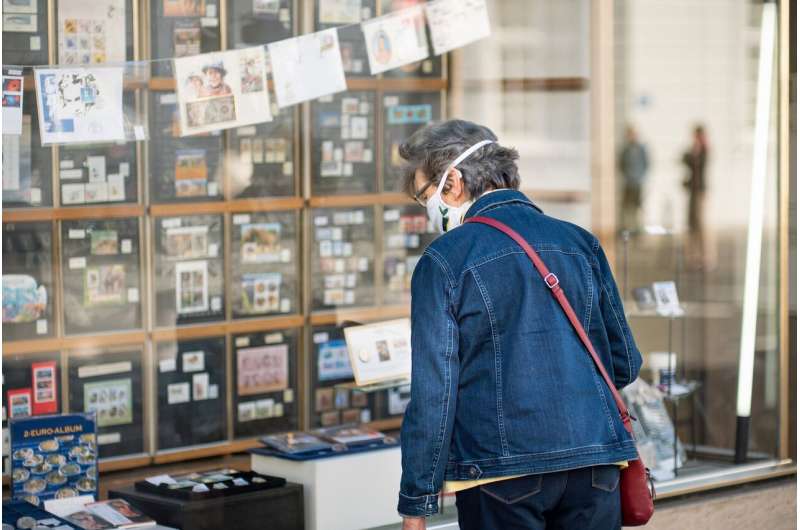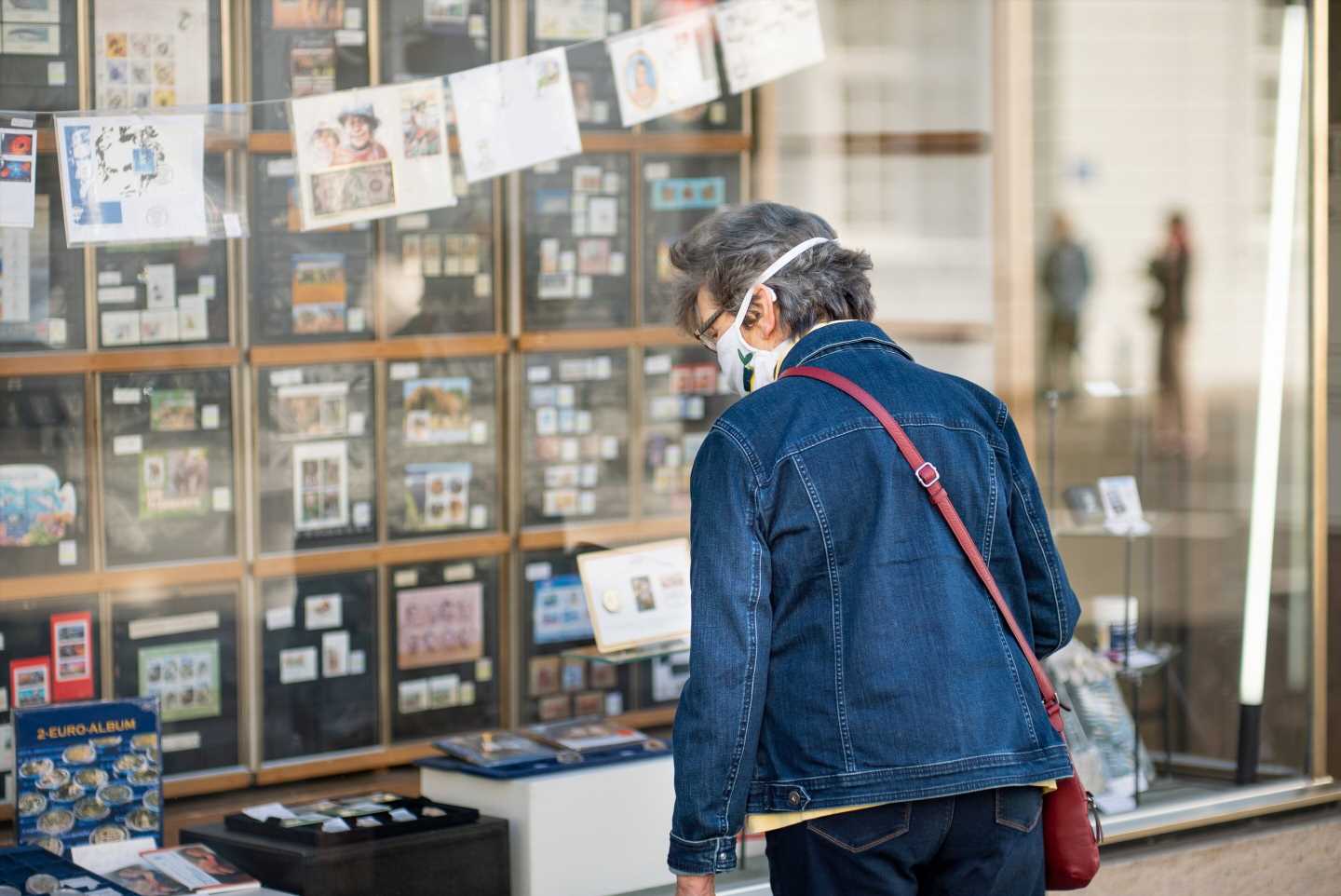
Now that COVID-19 surges have subsided in South Florida, patients are arriving at local clinics with neglected medical conditions that have advanced into dangerous stages.
For Floridians lacking insurance or easy access to care, forgoing doctor follow-ups and preventative screenings has had particularly harsh consequences. With diabetes, heart disease and other diseases out of control, patients must navigate the high costs of medication and limited access to care amid a rush of people finally seeking treatment.
“As the country opens up again, people are getting back to seeing their providers and they are being identified with breast cancer, heart disease, diabetes, high blood pressure and some of the other things that early detection could have prevented,” said Yolette Bonet, newly retired founding CEO of FoundCare, the Federally Qualified Health Center, which just opened its seventh clinic in Palm Beach County.
Shevie Brown, 35, felt a lump in her right breast several years before the pandemic. But as coronavirus swept through the state, Brown said she felt afraid to seek care. Her lump grew larger.
Finally, in the spring of 2021, when the lump grew so large it became noticeable through clothing, Brown went to a FoundCare clinic in Palm Springs to get re-examined. “I got scared because I realized this was my health,” Brown said.
The clinic arranged for her to see an oncologist who diagnosed her with stage 3 breast cancer.
Brown, who has now undergone surgery and chemotherapy, encourages others who delayed care to get checked out as soon as possible. “If I hadn’t gone, I wouldn’t be here today.”
One in three Americans have delayed or skipped medical care during the pandemic, according to two surveys funded by the Robert Wood Johnson Foundation. In addition, a year-long survey by Prevent Cancer Foundation found half of all Americans are missing important cancer screenings, with minorities at higher risk.
But with case levels declining, reluctance to seek care is waning, too.
By midday on a recent Thursday, Rose Philius, a nurse practitioner, had seen 28 patients for women’s health services at the FoundCare clinic in West Palm Beach. One patient had an abnormal pap smear prior to the pandemic and never followed up. Philius will send her to an oncologist to fast-track her biopsy, fearful that cancer may now have spread.
“We were never closed but people were afraid to come,” she said.
Other factors have been issues in delayed care, too, Philius explains. “Some patients lost their jobs during the pandemic and lost their health insurance. Others have language barriers and no one to help them navigate the system,” she said.
Chris Irizarry, CEO of FoundCare, said telemedicine has helped his doctors reach residents who are still hesitant and suffering at home with concerning medical issues, but the effort is not wide enough, yet.
“We are trying to get tablets into households in areas of need so that they can increase the utilization of telehealth because some care is better than no care at all,” Irizarry said. “We want to encourage patients to come to our centers but if they actually don’t feel comfortable yet we want them to at least speak to our providers because we know the importance of preventative medicine.”
In Hollywood, Dr. Sheridan Major-Moore, clinical director and family medicine physician at Broward Community & Family Health Centers said the demand for primary care at this stage in the pandemic is overwhelming.
“Our patients were trying to avoid getting COVID and the result is a lapse in care,” she said. “They have uncontrolled diabetes, high blood pressures … . We had many of those cases, anyway, but now it’s exacerbated. When they are coming in, they have multiple conditions that require addressing because they have been away from care for so long.”
Major-Moore said for patients who already had chronic conditions and haven’t had lab work done in two years, “it’s often like starting over.” Some stopped taking their medications altogether after losing their health insurance, she said.
A big issue, she said, is many people gained weight during the pandemic. “Obesity increases the risk for hypertension heart disease, so many different conditions. We are hoping as things improve with COVID a lot of our patients will become more active and start to eat better again.
Clinics like FoundCare and Broward Community & Family Health Centers are federally funded and provide medical, dental and mental health care on a sliding fee scale. Getting an appointment, however, can take several weeks.
As demand picks up, community clinics are extending their hours and adding some same-day appointments. FoundCare’s Irizarry says he has added more doctors and recently opened another clinic in West Palm Beach.
“We are taking measures to meet the demand,” he said. Patient levels this month are double what they were during the delta wave, and many visits at that time were virtual, he said.
While COVID killed more than 70,000 people in Florida, doctors worry that medical conditions that fell by the wayside could add to that death toll.
“We have to make it easy for patients to get help for these diseases,” Major-Moore said. “They existed in large numbers before, and they’re going in even larger numbers now.”
With children in the last group to become vaccine eligible, parents’ concerns about COVID exposure have led to a decline in visits to the pediatrician.
In Miami, Dr. Tina Carroll-Scott, provides medical care to mostly minority children who lack insurance or are on Medicaid. She says children are coming in after missing appointments for two years.
“I’m dealing with kids who have acute asthma and aren’t on medications and kids who haven’t had immunizations or routine physicals,” said Carroll-Scott of South Miami Children’s Clinic. “What we also have seen is an uptick in mental health and developmental issues. There are children on the spectrum who could have gotten speech or behavior analysis and now they have more advanced developmental issues that haven’t been addressed.”
Carroll- Scott said with her patients it takes outreach and hand-holding to get them caught up on missed checkups and screenings.
Source: Read Full Article
